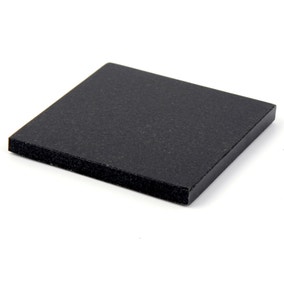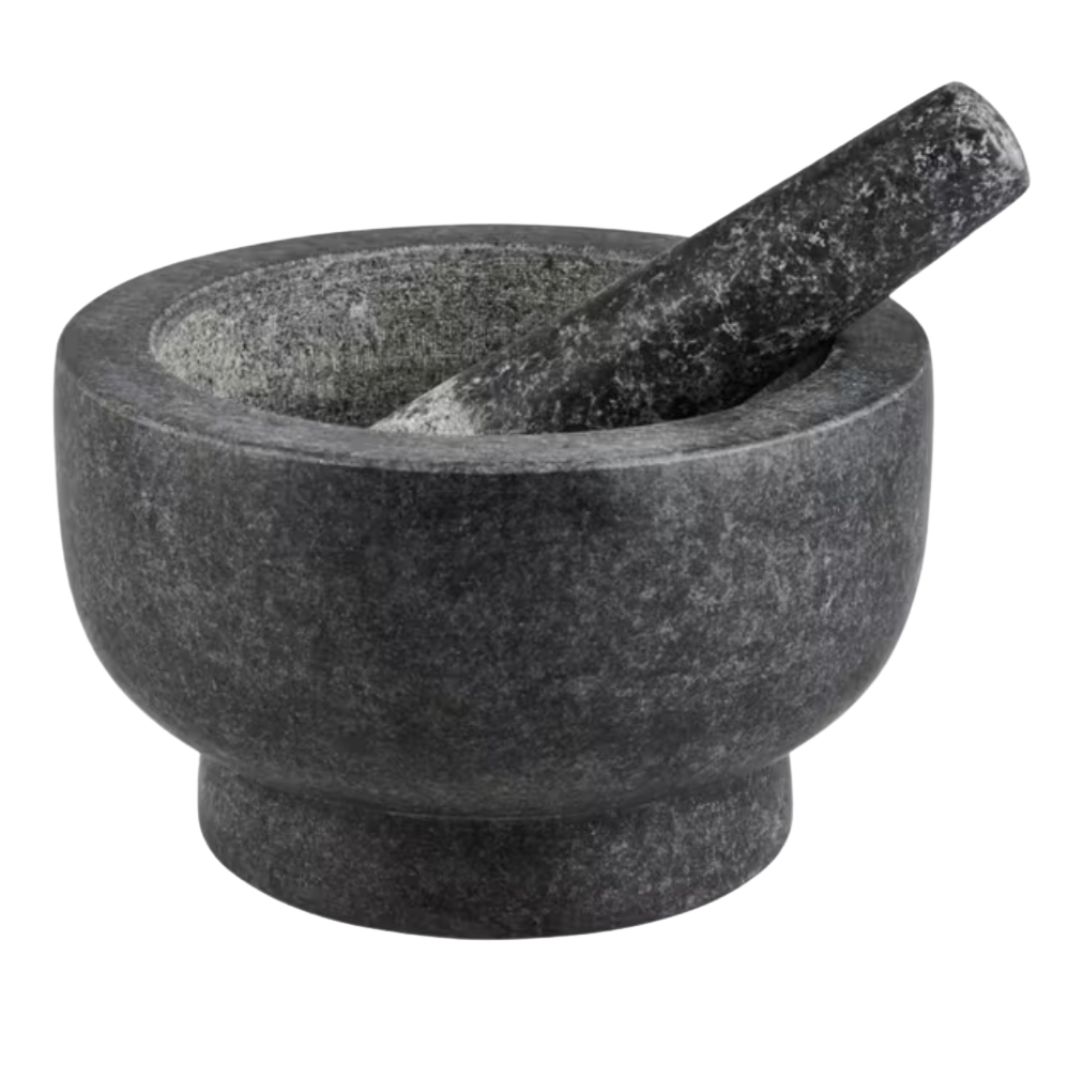Should You Choose Quartz or Granite Countertops? Experts Settle the Debate on These Two Popular Materials
We asked kitchen designers to weigh in on quartz vs granite to put your countertop quandary to bed once and for all

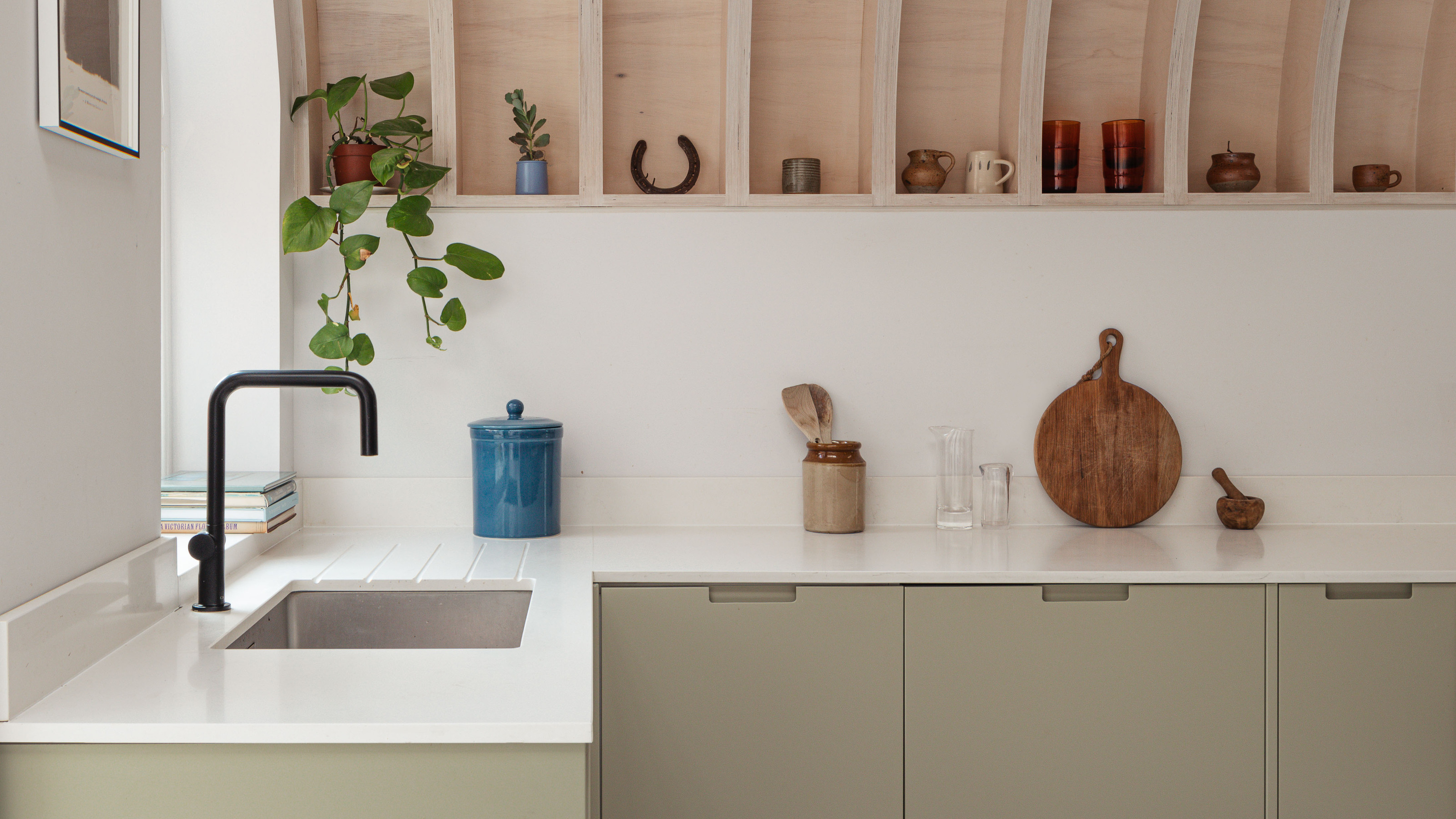
Since the dawn of modern kitchen design, the conundrum of choosing the perfect countertop has plagued many a homeowner. Marble, wood, laminate — all of these materials have their individual strengths and weaknesses, but they're also radically different. There are two popular types of stone, however, which share some common ground yet prove quite the decision-making quandary — granite and quartz.
You don't need us to tell you how important your kitchen countertop materials are. Besides imbuing your space with style, there are a host of practical qualities they need to live up to — durability, maintenance, and heat-resistance to name a few. The thing about granite and quartz (compared to the likes of, say, marble and wood) is that they both live up well to these requirements, making the dilemma of which to choose all the more difficult.
To help settle the debate on whether you should choose quartz or granite countertops, we spoke with kitchen experts to gather their two cents. It's the battle between natural and engineered stone, and while they're both durable options for a kitchen, the final verdict is unanimous.
Quartz Vs Granite — What’s the Difference?
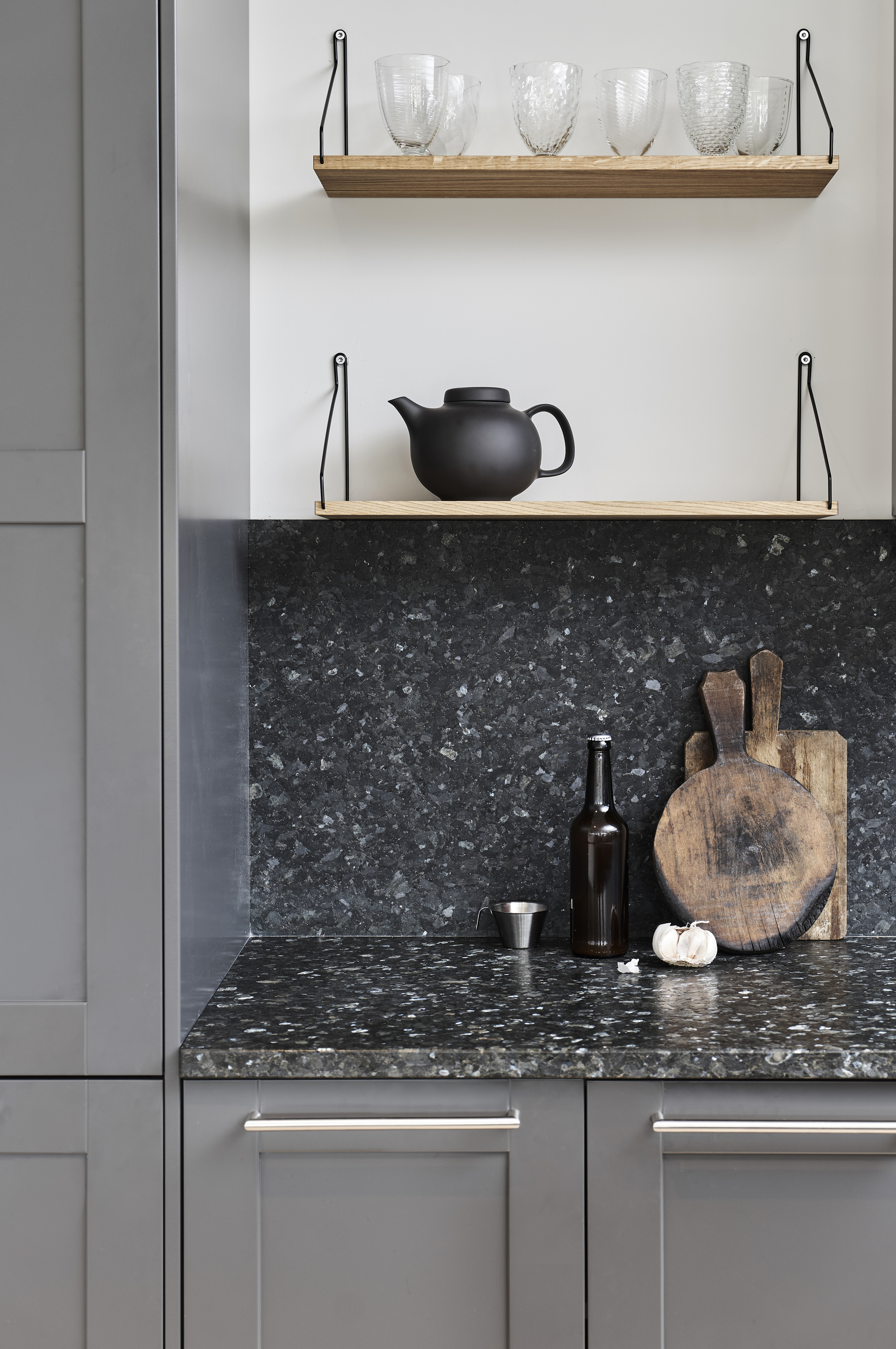
Before we pass judgment on which material makes the better countertop, a distinction between quartz and granite is needed. While they share some credentials, the two materials are in fact very different.
"Granite is a natural stone that comes in different grades, from hard to soft, with varying degrees of porosity across different types," explains Jonathan Stanley, vice president of marketing at Caesarstone. "Engineered stone, often referred to as quartz, is a manufactured stone slab designed to improve on many of the issues inherent with natural stone materials."
Richard Davonport, Managing Director at Davonport, notes that as a result, the two stones perform differently as kitchen countertop materials. "Granite is a natural stone, quarried in slabs and cut to size, while quartz is a man-made surface, formed from crushed stone mixed with resins," he says. "That difference in composition has a direct impact on durability, maintenance, and cost."

Jonathan is a countertop expert and the VP of marketing at Caesarstone. He has more than twenty years of experience working nationally and internationally at the board level, creating and delivering strategies and campaigns for companies, including the marble powerhouse Caesarstone.
Which Is the Most Durable?
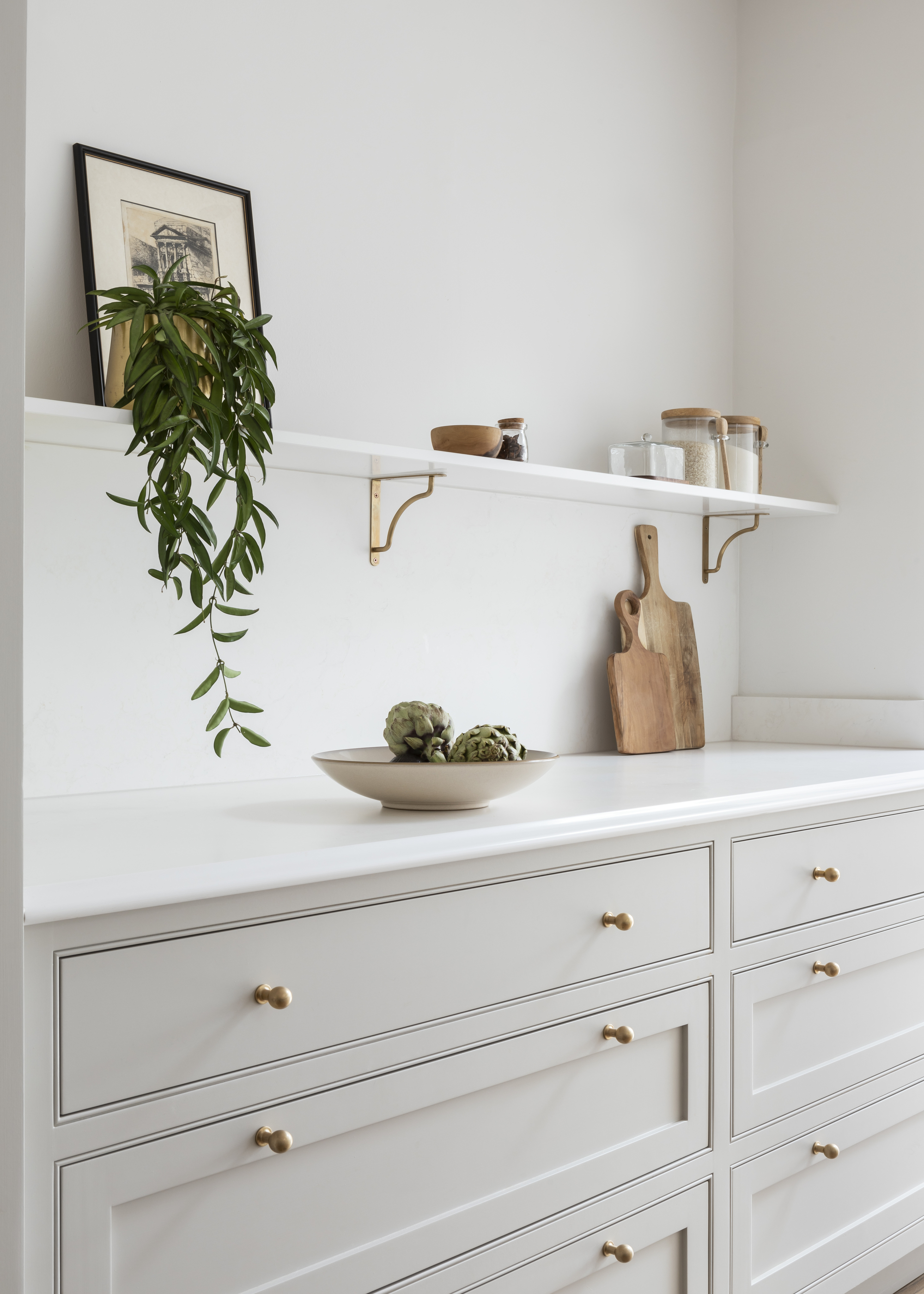
With that in mind, which material comes out on top in terms of durability?Both quartz and granite and far more durable options compared to the likes of natural marble (a very porous stone) and butcherblock countertops (which aren't heat resistant, and are susceptible to water damage). In most cases, however, manufactured stones have the edge, hence why they've made us some of the leading countertop trends in recent years.
The Livingetc newsletters are your inside source for what’s shaping interiors now - and what’s next. Discover trend forecasts, smart style ideas, and curated shopping inspiration that brings design to life. Subscribe today and stay ahead of the curve.
"Engineered stone has become the primary choice for consumers and professional designers in most countries due to its superior performance and ease of maintenance," Jonathan explains. "Engineered stone requires virtually no maintenance, offering a beautiful, natural aesthetic whilst being easy to maintain. It's also considered extremely durable and resistant to scratches and stains."
Unsurprisingly, that applies to quartz. If you're looking for the most low-maintenance kitchen countertop, it's a clear winner. "While both quartz and granite countertops are hardwearing, quartz tends to be more resistant to staining because it’s non-porous," Richard says. This makes it the more hardwearing material, and it means cleaning quartz countertops is certainly easier.
On the other hand, granite, being a natural material, can be more prone to marking, especially if it's not properly sealed and maintained. "If you're after a surface that offers day-to-day resilience with less upkeep, quartz is often the more practical choice," says Richard.
That being said, granite can take the edge with regard to heat resistance. As an igneous rock, you can usually place a hot pan on a granite surface without damage (especially when you choose a darker granite color). "With quartz, the resin content means it’s best to use a trivet or heat pad," says Richard. "Prolonged direct heat can cause discolouration or cracking." (We can vouch for this heat pad from Le Creuset, available at Amazon.)
It's also worth noting that the market options for both quartz and granite are a mixed bag, and you'll get what you pay for in terms of quality. "There are variables in terms of the quality of either granite or engineered stone, but on the whole, a good quality branded quartz from a reputable manufacturer will be more durable and easier to live with," says Jonathan.
Which Is the Most Expensive?
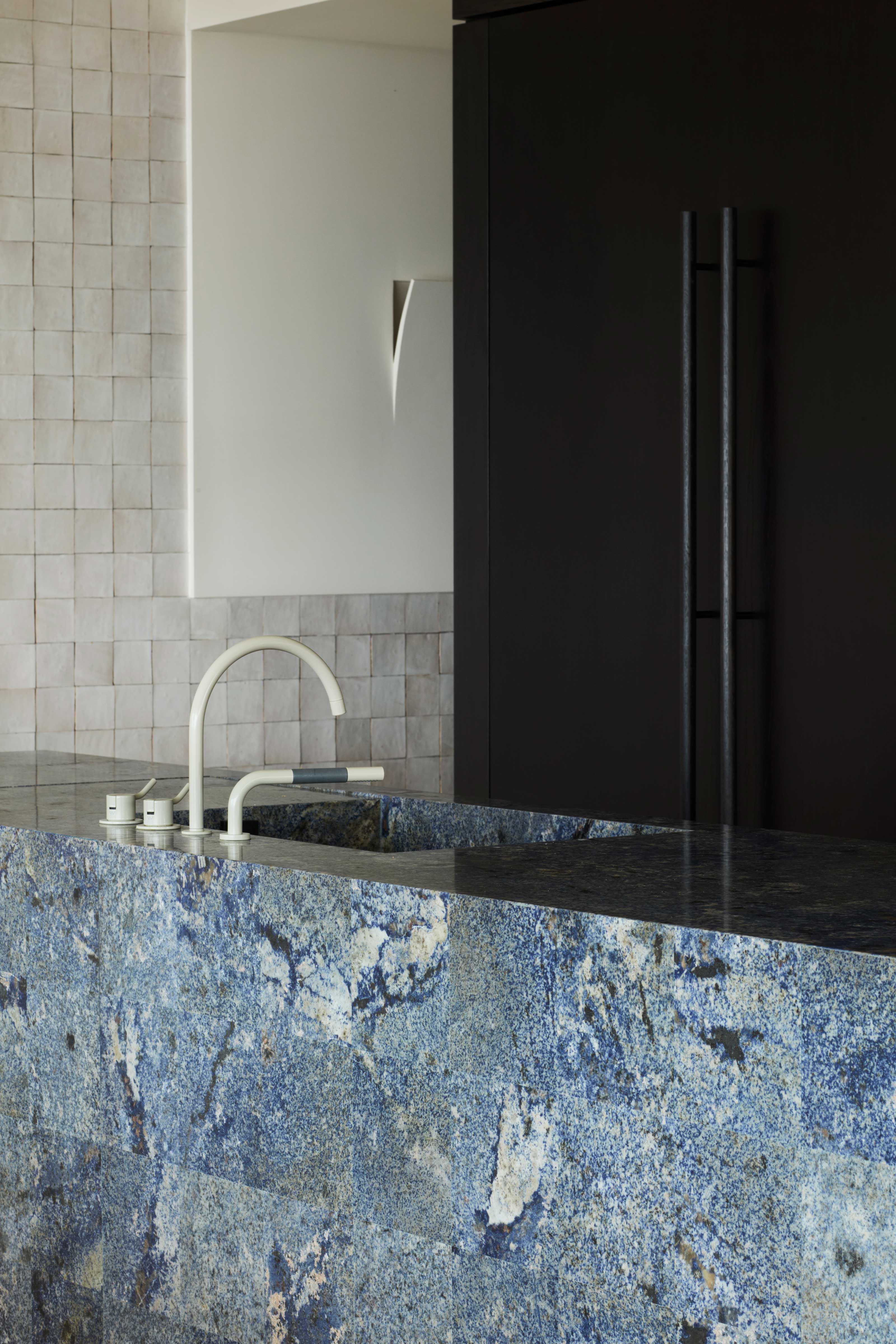
The next crucial details to address: how much do kitchen countertops cost? The answer isn't entirely clear-cut. Generally, being engineered, quartz is typically more expensive per square foot, but exotic and rare types of granite can cost a lot more because they're harder to come by.
"It depends heavily on the specific stone or quartz range you're looking at," Richard confirms. "Some granites can be more affordable than premium quartz, but at the high end, granite often comes in above quartz in price, particularly if you're choosing a rare slab."
As you gather quotes for your new kitchen, it's worth bearing in mind that a higher quality countertop will make a higher dent in your wallet. As with anything, if you pay cheap, expect to pay twice. "A kitchen worktop will typically stay in place for 12 years or more," says Jonathan. "Invest in the best stone top and it should look as good as new throughout the lifespan of the kitchen."
For over three decades, Davonport has been crafting exquisite, bespoke kitchen designs for a discerning clientele. As a British kitchen manufacturer, each project they undertake is a unique endeavour, driven by a singular ambition: to create an ideal space that perfectly complements your lifestyle.
FAQs
Can You Put Hot Pans on Quartz?
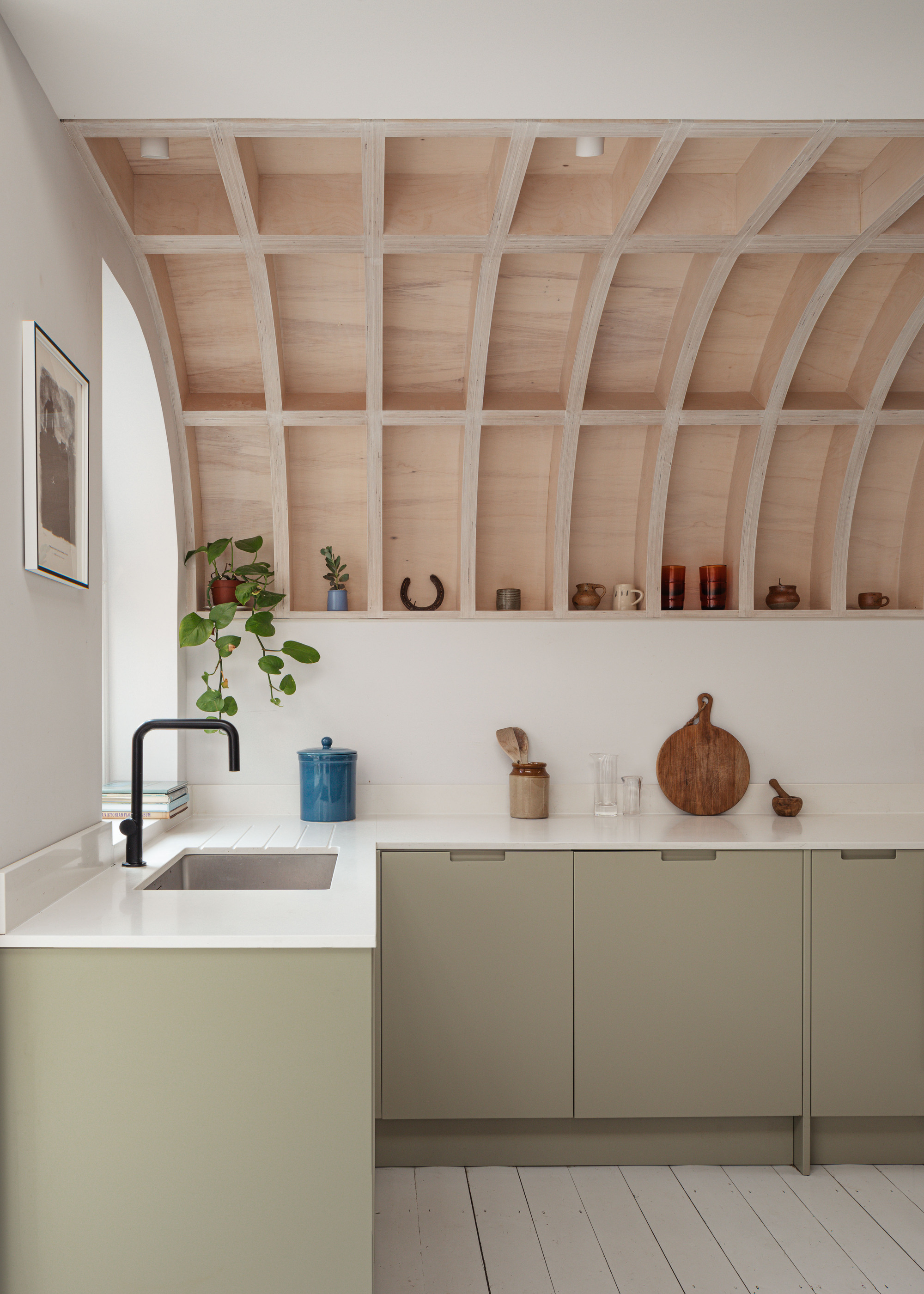
Granite might take the crown for heat resistance, but is it still safe to put a hot pan on quartz? Generally, the answer is yes, but you'll need to be cautious since these engineered countertops have a high resin content.
"Most natural and engineered stone surfaces are heat resistant to some degree," Jonathan explains. "However, virtually all natural and engineered stone product suppliers and manufacturers advocate the use of trivets and heat pads, so it’s just good practice to have some great-looking cork mats out on the surface to protect your worktop from hot pans."
Quartz and granite are both hard-wearing options for a kitchen surface. They're pretty evenly matched in most respects, but for its ease of maintenance and vast options for design, quartz takes the top spot for best kitchen countertop material. "Both materials offer durability and longevity," Richard reminds us. "The right choice comes down to how you use your kitchen and what you want to prioritize: ease of maintenance, visual uniformity, or the individuality of natural stone."

Lilith Hudson is a freelance writer and regular contributor to Livingetc. She holds an MA in Magazine Journalism from City, University of London, and has written for various titles including Homes & Gardens, House Beautiful, Advnture, the Saturday Times Magazine, Evening Standard, DJ Mag, Metro, and The Simple Things Magazine.
Prior to going freelance, Lilith was the News and Trends Editor at Livingetc. It was a role that helped her develop a keen eye for spotting all the latest micro-trends, interior hacks, and viral decor must-haves you need in your home. With a constant ear to the ground on the design scene, she's ahead of the curve when it comes to the latest color that's sweeping interiors or the hot new style to decorate our homes.
